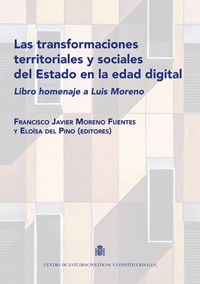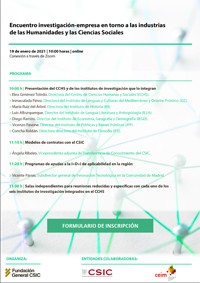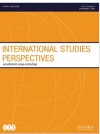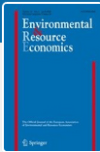Pereira-Puga, M. and Sanz-Menéndez, L. (2020). Cambio y continuidad en las políticas de ciencia: diseño de los instrumentos de financiación de la investigación universitaria en Galicia (2005-2018). Revista Española de Ciencia Política, (53), 175-182
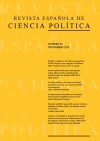
Resumen: El objetivo de esta nota de investigación es estudiar el diseño y evolución de los instrumentos de financiación de la investigación universitaria de un Gobierno autonómico (Xunta de Galicia) durante el periodo 2005-2018. Se presentan los principales factores y procesos asociados al diseño de las políticas científicas, desde una perspectiva histórica. Para ello se han analizado múltiples fuentes documentales y se han realizado entrevistas semiestructuradas, así como reuniones con actores relacionados con la cartera de instrumentos.



